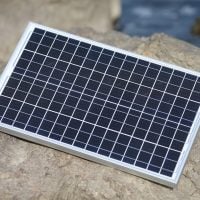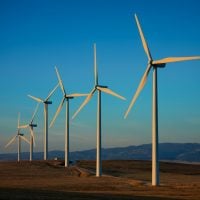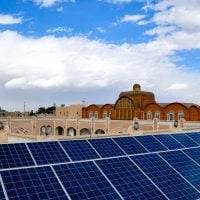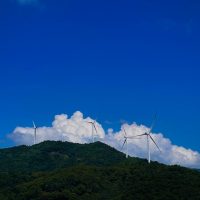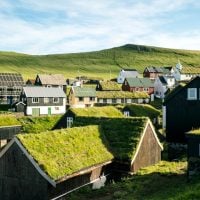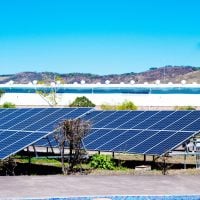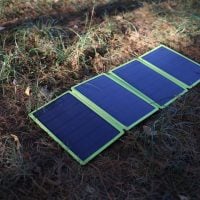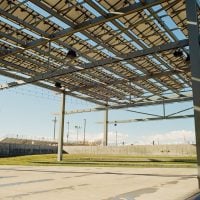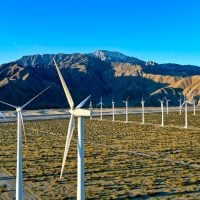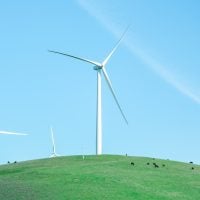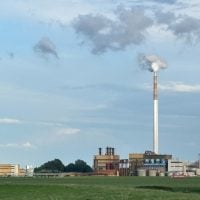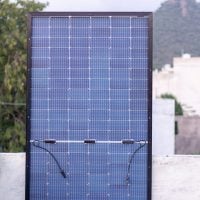Deadline: 31 May 2020
The Philippine Council for Industry, Energy and Emerging Technology Research and Development (PCIEERD) of the Department of Science and Technology (DOST) is ready to accept research and development (R&D)/Science and Technology (S&T) proposals for 2021.
This Call for Proposals is for specific priority areas identified in the Harmonized National R&D Agenda (HNRDA) 2017-2022. Guided by the principle “Science for the People”, DOST-PCIEERD directs R&D and S&T initiatives that will improve the innovation system to leverage economic progress.
Scope of R&D/S&T Work
- Industry Sectors:
- Food: food safety, food innovation, halal, establishment of facilities and laboratories
- Process: agro-industrial, natural products, textile
- Mining and Minerals: metallic and non-metallic minerals, elements for emerging technology applications or e-tech elements, environmental protection, conservation and rehabilitation of mined-out areas; Inventory of naturally occurring radioactive materials and mercury in mining areas
- Metals and Engineering: machining and fabrication, tool and die, metal casting, other areas: surface engineering, heat treatment, additive and subtractive manufacturing, surgical implants, 3D printing.
- Energy and Utilities Systems Sectors:
- Energy: MSMEs cost-competitive low carbon technologies, energy efficiency and conservation technologies
- Construction: smart approach for the construction industry: construction materials, construction techniques, methods, equipment and tools for construction, monitoring, and testing.
- Emerging Technologies:
- Space Technology Applications: new or niche Global Navigation Satellite System (GNSS) applications
- Advanced Materials, Nanotechnology, Photonics: applications for the semiconductor, aerospace and aircraft industries; additive manufacturing, fuel cell technologies, occupational and operational safety in the use of nanomaterials.
- Information and Communications Technology: artificial intelligence (AI), Robotics AI, Data Analytics, gaming development for education, Virtual Reality (VR)/Augmented Reality (AR) for aerospace, tourism, and human security
- Electronics: sensors and actuators for intelligent factories, wearables electronics
- Smart Cities: convergence of Philippine technologies for smart and sustainable communities and cities development
- Human Resource and Institution Development Sectors:
- Data Science: good governance through data science and decision support system (GODDESS); training on data science and analytics and development of data-driven technologies for evidenced-based governance and management of LGUs and NGAs
- Special Concerns:
- Environment: air pollution and solid waste management (plastic wastes)
- Creative Industries: heritage (arts and crafts), functional creations (software, animations)
- Disaster Mitigation: unmanned aerial vehicles (UAV) systems for disaster response, rescue operation and climate change adaptation, and other applications
Expected Outputs, Outcomes, and Potential Impact
- Expected outputs from the projects to be funded may include any of the following:
- The term “OUTPUT” means an activity, effort, and/or associated work product related to project goals and objectives that will be produced or provided over a period of time or by a specified date. Outputs may be quantitative or qualitative but must be measurable during an assistance agreement-funding period.
- DOST 6Ps and estimated valuation as guide:
- Publication- published aspect of the research, or the whole of it, in a scientific journal or conference proceeding for peer review, or in a popular form. These can be any of the following: ISI or Scopus Indexed Publication, Scopus indexed Conference full paper, Non-indexed publication, Scopus-indexed abstract
- Patent/Intellectual Property- proprietary invention or scientific process for potential future profit. Other IPs include Utility Model, Copyright (only for software), discovery of new species, plant variety protection, trademarks, copyrights and industrial designs.
- Product/Process- invention with a potential for commercialization.
- People Service- people or groups of people, who receive technical knowledge and training. These can be students who were trained or were directly involved in the project or have obtained Master’s or Doctoral degree through the project, and trained personnel.
- Places and Partnership- linkage forged because of the study.
- Policy- science-based policy crafted and adopted by the government or academe as a result of the study. These can be science-based national laws (executive and legislative), local government unit ordinances, and development plans.
- Outcomes and Impact. Outcomes and impacts are results beyond 6Ps, GAD outputs and S&T dissemination but still traceable or attributable to the project. These can be determined through an assessment three (3) to five (5) years after the project completion.
- Examples of outcomes include:
- Innovation stimulated;
- Technology adoption are accelerated and sustained;
- Improved productivity, better institutional services;
- Ensured resiliency to disaster risks and climate change, and;
- More responsive environmental processes.
- Impacts are measured in the following areas:
- Economic Growth/Industry Competitiveness;
- Improved Environmental Condition;
- Socio-cultural
- Policy, and;
- Academic.
- Examples of outcomes include:
Commencement Period for Approved Project
The target commencement period for approved projects may start on 01 January 2021 or earlier depending on funding availability.
Eligibility Criteria
- Any Filipino, public or private entity with proven competence may apply for GIA support of DOST-PCIEERD and its grant-giving units, provided that projects fall under the specific research areas with overall goal to benefit Filipinos. Preference will be given to public and private universities and colleges, Research and Development Institutes (RDIs), R&D Consortia, non-profit laboratories, other public or private non- profit S&T institutions located in the Philippines.
- Non-profit S&T organizations are those, which: (1) are operated primarily for scientific, educational, service, or similar purposes in the public interest; (2) are not organized primarily for profit; and (3) use its net proceeds to maintain, improve, and/or expand its operations. Non-profit organizations engaged in lobbying activities are not eligible to apply.
For more information, visit http://pcieerd.dost.gov.ph/e-forms/call-for-proposal-forms


